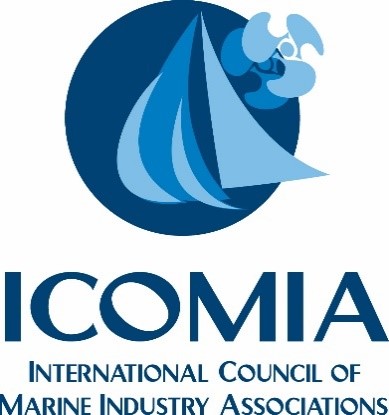There is an increasing focus on underwater noise worldwide and growing concern for the possible effects of noise due to anthropogenic underwater sound in marine environments.
During meetings of the European Commission and other International Authorities concern has repeatedly been raised around the subject of noise due to “navigation, shipping and/ or other ship related activities” which is understood to “affect marine mammals and or other species, including fish”.
Why is underwater noise/sound an important issue? Water is an excellent medium for sound transmission. Sound travels more than four-times faster underwater than in air and sound-absorption is less compared to air. The sensory modalities of vision, touch, smell and taste are limited in range and are dependent on the speed of signal transmission.
As a consequence, potentially many aquatic organisms use sound as their primary mode of communication (to locate a mate, to search for prey, to avoid predators and hazards, and for short- and long-range navigation). External activities generating underwater sound can affect these functions and, since sound can be far ranging, the spatial scale of impacts can be quite large.
Concerns around the impact of underwater sound on marine mammals, fish, and other forms of aquatic organisms have arisen primarily with the conduct of military operations, seismic exploration, and various other forms of human use and construction in aquatic environments.
Although underwater sound is a concern recognised by numerous environmental agencies, specific regulation addressing it is rare. In general, laws in Europe, the United States, and elsewhere, aim at reducing or limiting the potential impact of human activities on aquatic environments. Two of these laws, as an example, are the Habitats Directive in Europe and the National Environmental Policy Act in the United States.
Yet until recently there was no regulatory framework specifically addressing underwater sound. This changed when the IMO/MEP Correspondence group (MEPC) noted that the propeller was the main source of ship-generated underwater noise and that issues such as “propulsion”, “hull design”, “on board machinery” and “operational modifications (including dredge operations)” relate to ship design and equipment.
In addition, the EU introduced the EU Marine Strategy Framework Directive (MSFD), the aim of which is to protect, conserve, and where possible restore the marine environment in order to maintain biodiversity and provide diverse and dynamic oceans and seas which are clean, healthy and productive.
The Directive requires Member States to achieve or maintain ‘Good Environmental Status’ (GES) in their marine environment by 2020 at the latest.
For further information on this topic, read the Underwater Noise Position Paper written by ICOMIAs Environmental Consultant, Albert Willemsen, which is located in the ICOMIA Library.
